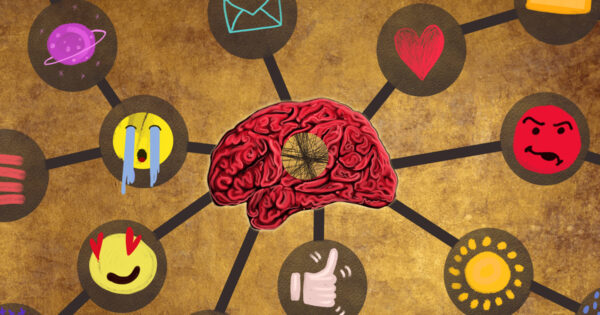
We no longer live in the heady days of massive traffic and Facebook algorithms driving eyeballs to publisher channels. It’s much harder to be successful and find an attentive audience in an industry that seems to be in a constant state of flux. Audiences are fragmented and when it comes to content types, and there’s no one-size-fits-all approach.
You have to meet people where they consume and understand the intrinsic needs of their preferred platforms. That means the work you’re creating will need to be nuanced, tailored to and representative of the community you’re trying to reach. It will need to be in a format that can hold their attention, be that video, social, written words or an event. But maybe most importantly, it still has to have heart.
There have been a couple of projects at WeTransfer recently that have exemplified this, and have in turn backed up the company ethos of empowering creators and driving creativity. For the past year, we have collaborated with actor, podcaster and curator Russell Tovey as WePresent’s guest curator and, through this, he has been focused on telling stories that bring history to the present: artists who were lost too soon to the AIDS crisis.

At the end of November, we hosted a pop-up exhibition in London where we premiered Life Is Excellent, a documentary created by Tovey charting the life of artist David Robilliard, who never received the recognition that he deserves for powerfully human work that inspired so many. Alongside this, we exhibited rare T-shirts worn during AIDS protests to show how the humble item was a visible tool for protest, telling the stories of the courageous creators behind them and drawing parallels to the inequality we still see today.
Seeing a room full of people with whom this work resonated—some who knew Robilliard personally, and some from younger generations eager to understand the past to contextualize the present—was moving. It felt like an important moment to share stories that matter.
It was also a reminder of the power of gathering in person and hosting events that allow your audience to feel connected to each other. In a time when the conversation around machine vs. human grows louder by the day, I don’t think this can be overstated. We’re sociable creatures after all.




